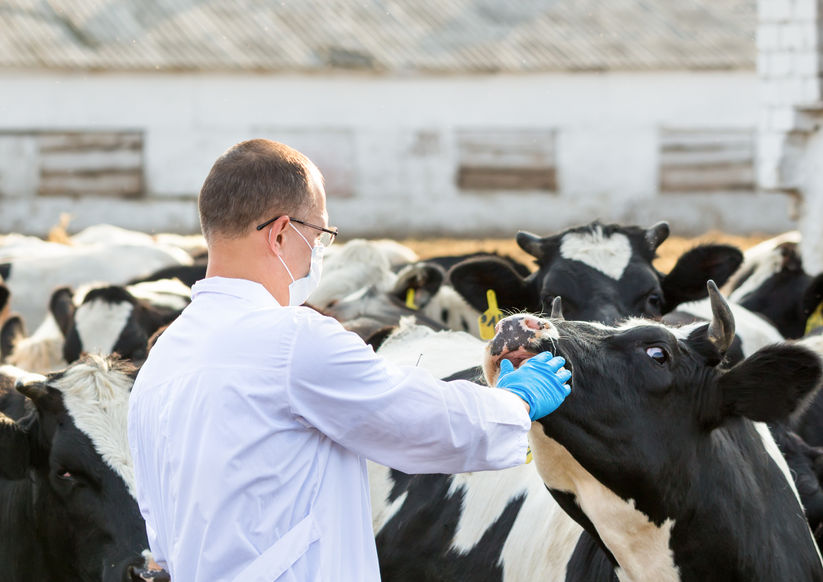
The proposed salary thresholds for skilled migrants post-Brexit may threaten the status of EU vets carrying out “critical” work in UK slaughterhouses.
The Immigration White Paper includes plans to scrap the cap for skilled workers, such as doctors and engineers, and a consultation on a minimum salary requirement of £30,000 for skilled migrants seeking five-year visas.
But the veterinary sector has concerns that a £30,000 threshold for EU workers could lead to a “near-total wipeout” of veterinary surgeons in critical public health roles in UK slaughterhouses, with “devastating consequences” for UK trade.
Starting salaries for Official Veterinarians monitoring standards, food safety and animal health and welfare in abattoirs are in the mid-£20,000s, meaning that imposing this threshold following consultation could “jeopardise the capacity of this vital and specialist section of the workforce”.
Around 95 per cent of Official Veterinarians working in UK abattoirs are from overseas, predominantly the EU.
The British Veterinary Association (BVA) has warned that any new immigration measures must consider the veterinary profession’s high reliance on the EU for workforce supply and mitigate against shortages and disproportionate impacts in the public health arena.
'Workforce crisis'
Simon Doherty, President of the BVA, said the veterinary profession is already facing a “workforce crisis”.
“We are hugely reliant on overseas vets, particularly our colleagues from the EU,” he said.
“Veterinary surgeons in abattoirs are highly skilled and carry out critical roles ensuring food safety, safeguarding animal welfare and enabling the UK’s trade in animal products. But many won’t meet the proposed £30,000 salary threshold.
“When the Home Secretary lifted the cap on non-EU health sector workers in June, BVA called for vets to be included. We reiterate that call today for the immigration cap to be lifted on vets.”
Mr Doherty added: “We will continue to engage with Government as the Immigration Bill progresses to make the case for the veterinary workforce’s capacity needs, as well as the multiple benefits that non-UK vets and the wider workforce realise across animal health and welfare and public health.”
BVA and the profession’s regulator, the Royal College of Veterinary Surgeons (RCVS), are currently working on a joint response to the Migration Advisory Committee’s call for evidence on the shortage occupation list review 2018.
'Major contributors'
The CLA, which represents 30,000 landowners, farmers and rural businesses, said restricting the supply of labour will “jeopardise the future viability of many rural businesses”.
CLA President Tim Breitmeyer said: “Highly skilled workers from the EU are major contributors to the rural economy and it is right they should continue to have access to the UK market.
“However, imposing an arbitrary minimum salary threshold puts at risk a variety of jobs across the agri-food sector, including some which require specialist skills.”
Mr Breitmeyer added: “These are vital roles which are critical to the success of the rural economy but have traditionally not attracted interest from UK nationals seeking work.
“What is needed post-Brexit is a flexible immigration policy that ensures the rural economy continues to have access to the skills and labour force it needs.”
